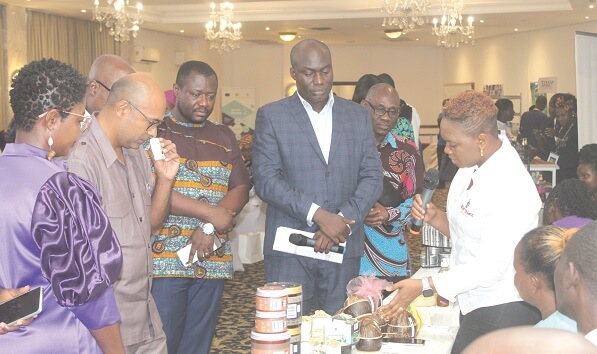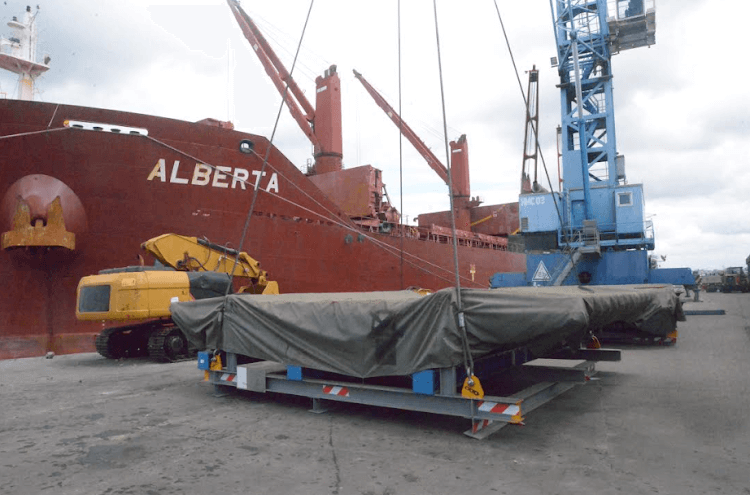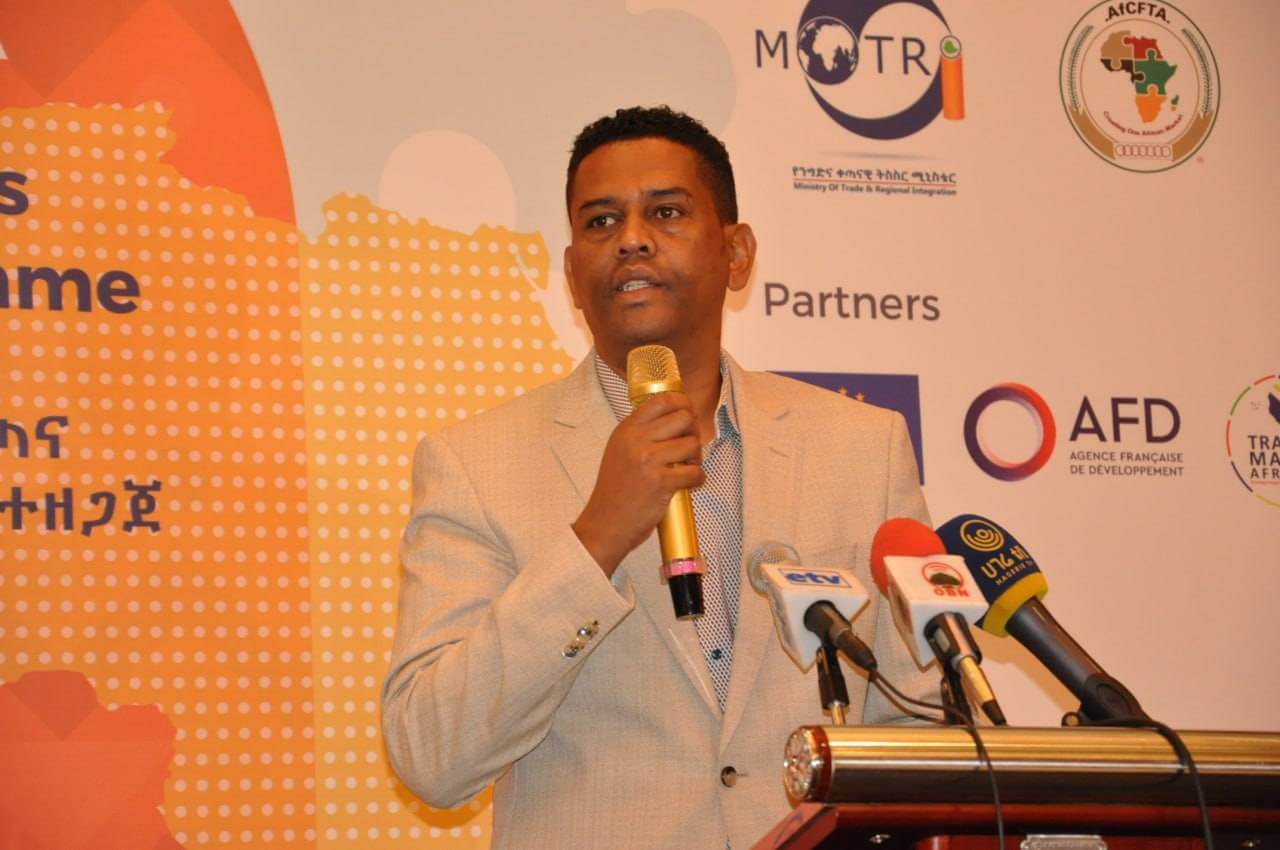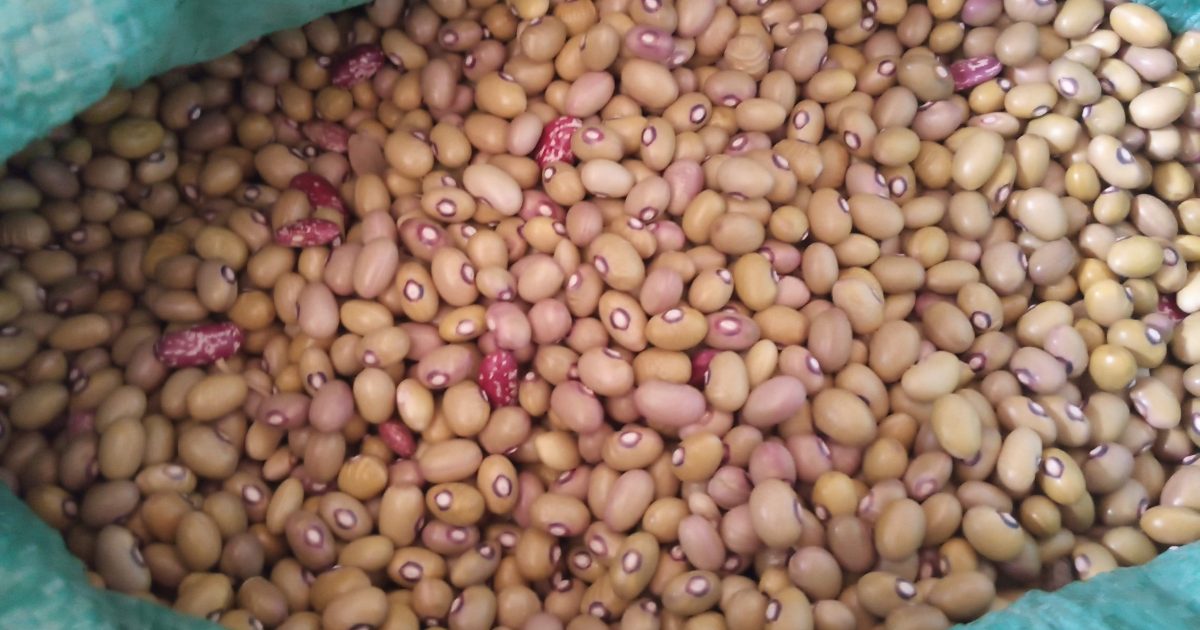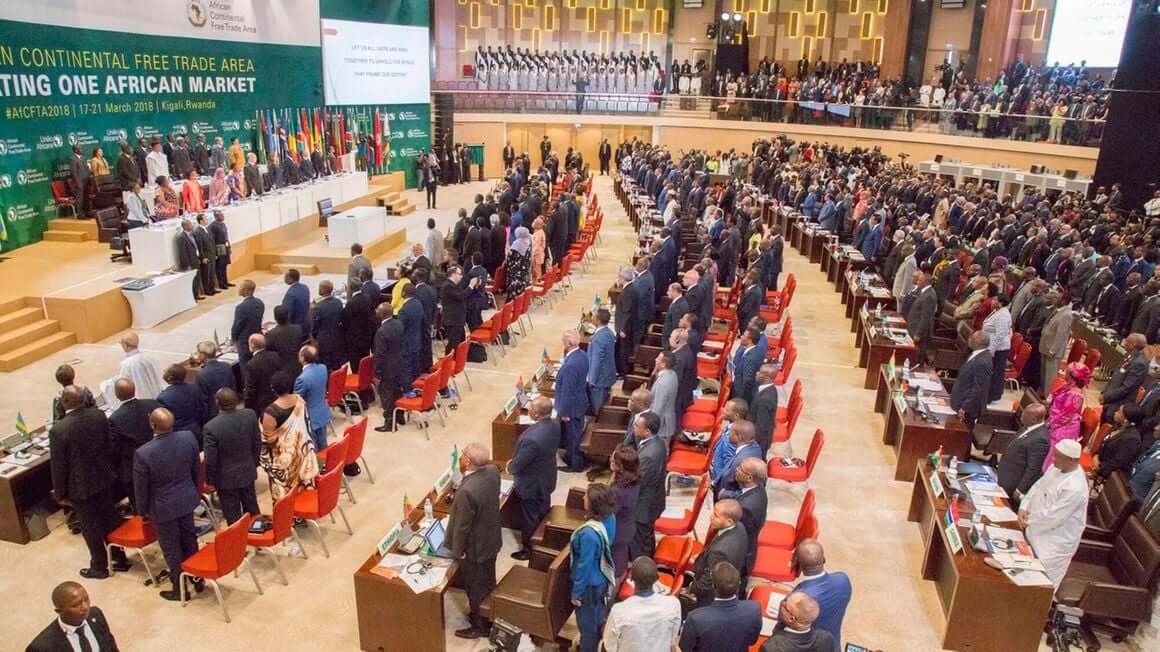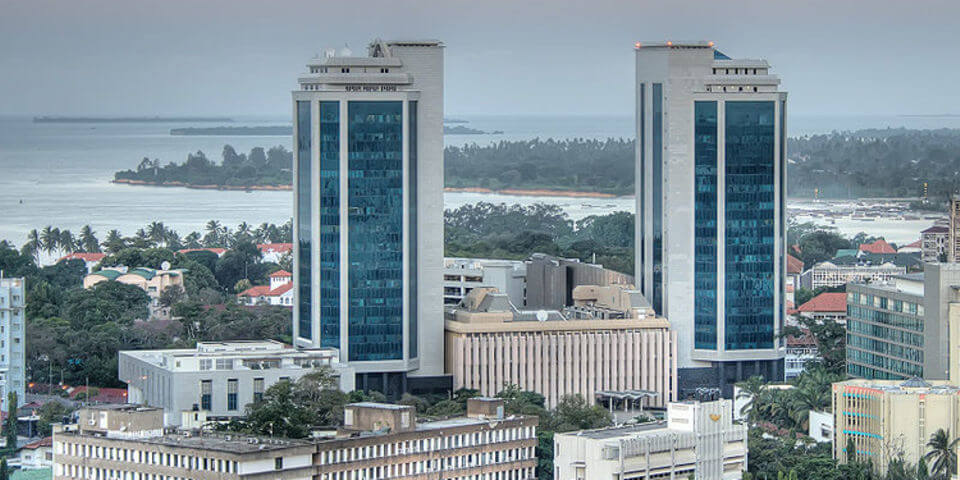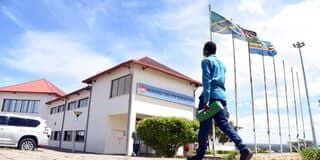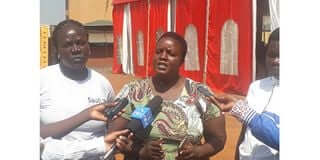The European Union (EU) has invested GH¢75 million (€6.2 million) to help boost the competitiveness of the country's exports on the international market. The investment, made in the last four years, focused on three main value chains which included cassava, fruits (mango and pineapple), cosmetics and personal care products. It was a contribution to the West Africa Competitiveness Programme (WACOMP), a partnership initiative between the Economic Community of West African States (ECOWAS) and the EU. The programme seeks to strengthen the competitiveness of West African products and to enhance the integration of ECOWAS countries into the regional and international trading system, including the African Continental Free Trade Area (AfCFTA) The EU Ambassador to Ghana, Irchad Razaaly, who made this known at WACOMP Ghana SMEs Product Exhibition in Accra yesterday, observed that the investment would help Ghanaian businesses to build better access and become more competitive in regional and international markets. “The EU has contributed around GH¢75 million to the programme, with the aim to boost the competitiveness of Ghanaian exports and support sustainable production and processing. “We are focusing on three main value chains: cassava, fruits (mango and pineapple), cosmetics and personal care products,” he said. The exhibition was held by WACOMP in partnership with the United Nations Industrial Development Organisation (UNIDO) for more than 50 EU-supported SMEs of fruits, cassava and shea butter products. Some of the firms that showcased their products included Unique Solution Farms, Ghana Home Foods, NyCa Pro Beauty, Leam Shea Products, Agape Cosmetics, Exotic and...
EU invests GH¢75m to support Ghana’s exports
Posted on: May 12, 2023
Posted on: May 12, 2023

